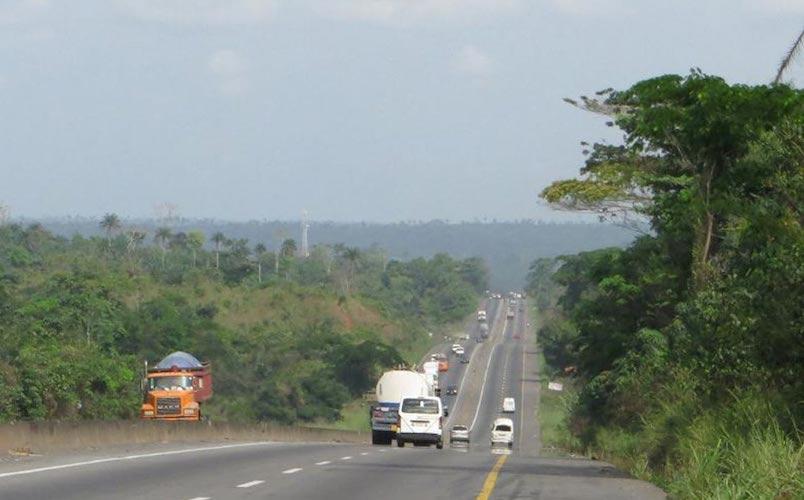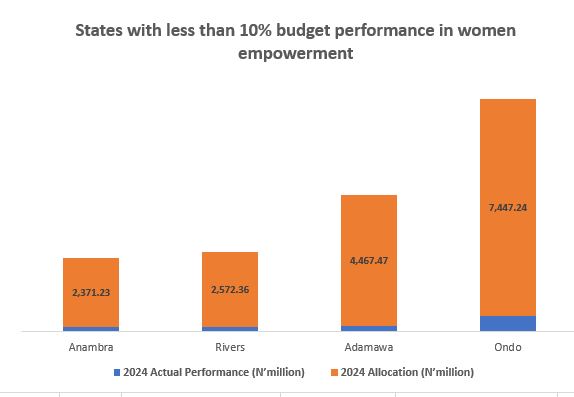I was driving from Lagos to Delta State. Just before Abudu, around 4pm, gunmen came out from the bush and began shooting at my car. I panicked, shifted gears to reverse but another group emerged from behind and started shooting,” recounted Emeka (not real name), who works in a media house in Lagos.
Amidst the hail of bullets, he swerved the car into the path of a truck that promptly teed his car into a ditch. A horde of gunmen speaking a variant of English Language sautéed in Fulfude descended on him, seized his phone and led him into a bush path.
“That was when it dawned on me that I have been kidnapped,” Emeka said.
As the yuletide approaches, violent kidnappings are worsening across Nigeria as security operatives continue to dither. Christmastide is a season Nigerians, especially those from the eastern parts, like to make a yearly trip to their villages, but some who spoke to BusinessDay say they are shelving the plans this year for fear of the kidnappings happening along the routes to their home states.
Kidnapping hotspots in the country include Benin-Asaba road up to Auchi, Lokoja-Okene highway, Abuja-Kaduna highway, and Owo to Ifo. Kidnappers along these routes have reportedly built camps inside forests used as detention centres.
Air travel, which would have provided an alternative, is beyond the reach of many. Airfares have skyrocketed as many airlines are fully booked for the seasonal travel.
Checks by BusinessDay for flights around December 23, 24 and 25 to Asaba, Owerri, Port Harcourt, Calabar and Uyo show they are all largely fully booked. There are some business class tickets available, though, starting from N85,000 for a one-way ticket.
“If I can’t pay for a flight, my family and I will not bother travelling this year,” Nnamdi Obiora, who operates a car dealership, said.
Some kidnap victims who have spoken to BusinessDay accused the Nigerian police of complicity.
Emeka said he was attacked barely 10 minutes after leaving a checkpoint, just after a policeman demanded gratification which he was unwilling to give.
“So, what if you’re kidnapped now, won’t you pay them more than this N200 you want to give?” the police officer said, sighed and waved him away, Emeka recounted. “I don’t believe in coincidence. It seemed strange I was attacked only minutes after being threatened.”
After descending the River Niger Bridge from Asaba and driving further into the southeastern parts of Nigeria, the number of police and army checkpoints could leave the impression of a land under siege.
These checkpoints were ostensibly erected to check separatist agitation by the proscribed Indigenous People of Biafra, but they have remained even after the agitation has been severely degraded. They now serve as extortion stops. Drivers risk losing limbs if they were not quick enough with the N100 charge.
Data from the United Nations Office on Drugs and Crime (UNODC), sourced from law enforcement agencies of member states, show that 277 kidnappings were reported in Nigeria in 2007; 309 in 2008; 703 in 2009; 738 in 2010; 600 in 2012; and 574 in 2013. No data were provided for 2011.
In 2015, the Nigeria Police Force reported 886 kidnappings. About 630 people were reportedly abducted between May 2016 and May 2017. Figures for this year could be higher with daily media reports of kidnappings for ransom.
“Kidnapping in Nigeria is a lucrative venture because Nigerians pay the ransom, and it persists because criminals get away with it,” said Tanwa Ashiru, founder, Bulwark Intelligence, a security analytics firm.
In June, BusinessDay reported findings from interviewing several kidnap victims which indicated that the kidnappers have a well-organised supply chain that ensures they get enough supplies.
In one instance, a kidnap victim recalled being kept in a building where relatives (mothers and siblings) of the abductors also lived. In fact, the younger ones were often sent on errands to purchase noodles, which they were fed with, after their mothers and sisters prepared the meals.
“Kidnapping is now a normal thing in Aba,” one of the victims told BusinessDay.
The severity of the violence employed during kidnaps portends an even greater danger. On October 22, kidnappers laid ambush to a vehicle conveying a judge along the Lokoja-Okene highway. When the vehicle approached, a band of kidnappers began shooting sporadically at every car within the scene.
Some Nigerians who have been victims of kidnapping (directly or indirectly through a close relation being affected), are dealing with the traumatising experience in their own way, mostly through silence. Victims who talked to BusinessDay were reluctant to talk about it for fear of repeated attacks, but mostly because they have lost faith in law enforcement getting them justice.
Yet, this culture of silence helps kidnapping to thrive. Victims and their families’ fork over millions of naira delivered in cash (local or foreign currencies) before they regain freedom. People are unwilling to disclose how much was paid.
Bulwark Intelligence said kidnappers often include miscreant unemployed youths, professional crime syndicates, nomadic criminals/bandits, cult groups, and individuals “known” to victims, such as relatives or employees.
ISAAC ANYAOGU











